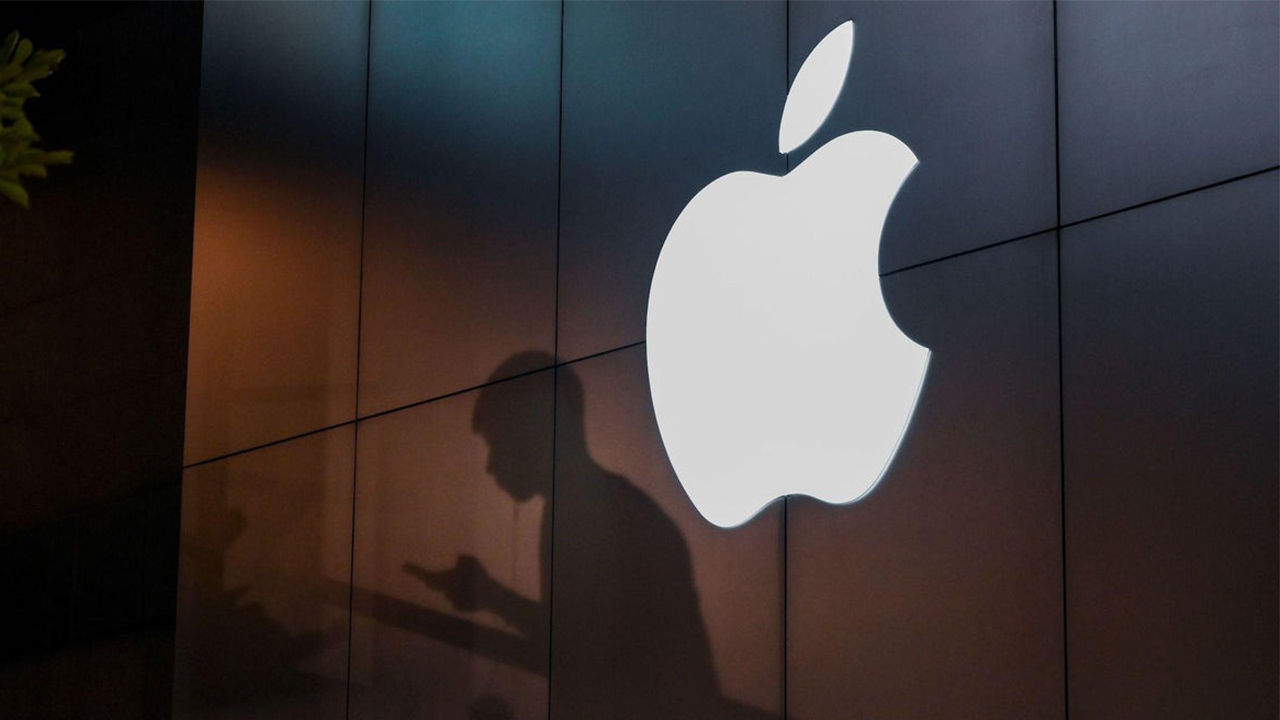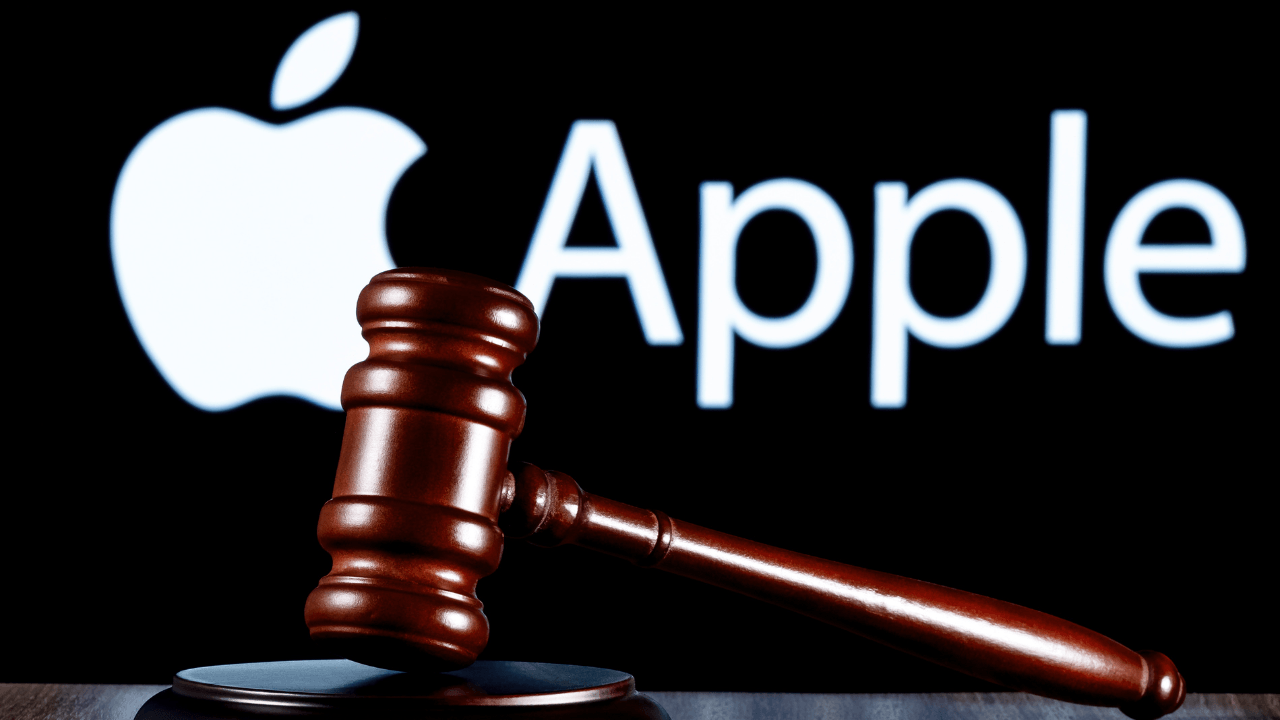The years-long tax dispute between tech giant Apple and the European Union, considered one of the largest competition lawsuits in history, has officially ended. The Irish Treasury announced that a 14.25 billion euro trust fund—approximately $16.5 billion at current exchange rates—has been transferred to the country’s treasury. This concludes Apple’s case, filed by the European Commission and generating widespread global public interest.
Apple finally resolves tax dispute
The litigation began in 2013. The European Commission investigated Apple’s tax structure in Ireland and the advantages it gained through it. Following the investigation, the Commission concluded that Apple was illegally granted tax advantages by the Irish government between 2003 and 2014. This situation, it concluded, gave Apple an unfair competitive advantage over its European competitors.

In 2016, the European Commission announced that Apple must pay a total of €14.3 billion, including €13.1 billion in taxes and €1.2 billion in interest, on profits earned through subsidiaries in Ireland. Apple appealed the decision, and the matter was brought to court. The amount in question was deposited into a neutral escrow account in 2018 while the legal proceedings continued.
Apple had been transferring the revenues from most of its operations within the EU to Irish-based subsidiaries and paying very low tax rates through this structure. In 2014, this rate was found to have fallen to as low as 0.005 percent. The Commission argued that this practice undermined tax fairness and distorted competition in the internal market.
In 2020, the EU General Court ruled in Apple’s favor, declaring that the Commission had failed to provide sufficient evidence. However, the European Court of Justice overturned this decision in 2024, upholding the Commission’s 2016 decision. Following this development, the €14.25 billion held in the escrow account was transferred to the Irish treasury as of July 2025.
This amount paid by Apple has been recorded as one of the highest tax collections in European Union history. This payment is also considered a landmark case in the ongoing struggle over the tax practices of multinational corporations within the EU. Throughout the case, Apple admitted to benefiting from the Irish tax system but maintained that there was no illegality.
With the official closure of the case, a significant turning point has been reached in the European Commission’s long-standing tax audit policies targeting large technology companies. Apple, after years of legal battle, effectively concluded this process by paying the largest tax fine in Europe.













